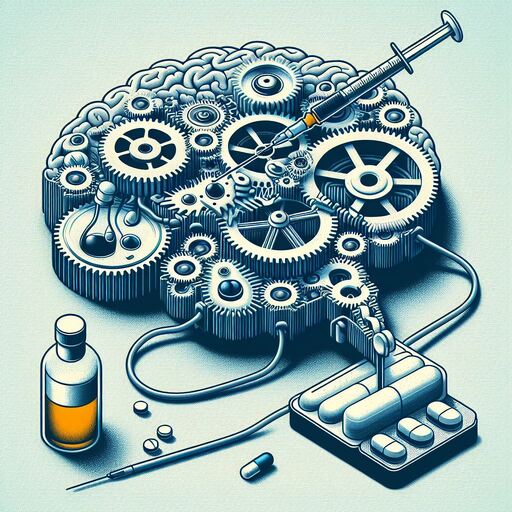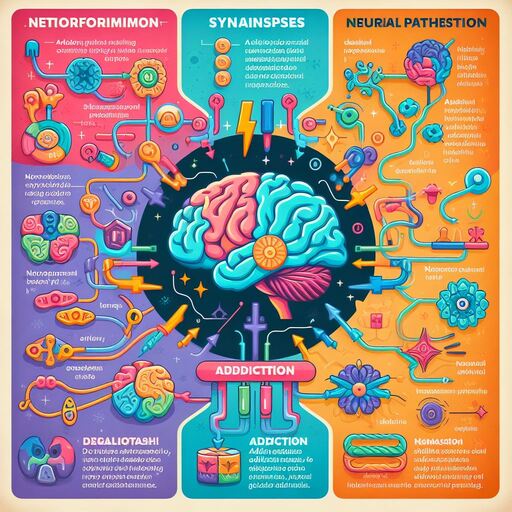Understanding the Brain’s Reward System and Addiction
Understanding the Brain’s Reward System and Addiction
Addiction is a complex mental health disorder that affects millions of individuals worldwide. The brain’s reward system plays a crucial role in understanding addiction, as it is responsible for processing pleasure and reward signals from various stimuli such as drugs, alcohol, sex, and food. In this article, we will explore the role of the brain’s reward system in addiction and how it can be targeted through therapy and medication.
Understanding the Brain’s Reward System and Addiction
The Reward System:
1. Dopamine: Dopamine is a neurotransmitter that plays a central role in the brain’s reward system. It is responsible for feelings of pleasure, motivation, and reward. When an individual experiences something pleasurable, dopamine levels increase, leading to feelings of euphoria and a desire for more.
2. Mesolimbic System: The mesolimbic system is a part of the brain’s reward system that is responsible for processing pleasure from various stimuli, including drugs and alcohol. When an individual uses drugs or alcohol, the mesolimbic system is activated, leading to increased dopamine levels and feelings of pleasure.
3. Habit Loop: The habit loop theory suggests that addiction occurs when a behavior becomes automated, leading to a craving for the reward associated with it. For example, an individual may use drugs or alcohol after work as a way to unwind and relax. Over time, this behavior becomes automatic, leading to a craving for the reward of feeling relaxed and satisfied.
Understanding the Brain’s Reward System and Addiction
Treatment Options:
1. Therapy: Cognitive-behavioral therapy (CBT) can be effective in treating addiction by helping individuals identify and challenge negative thought patterns and behaviors that lead to addiction. It can also help individuals develop coping mechanisms for managing stress and reducing cravings.
2. Medication: Various medications can be used to treat addiction, such as opioid antagonists, nicotine replacement therapy, and alcohol-use disorder medication. These medications can help reduce cravings and prevent withdrawal symptoms.
3. Support Groups: Joining a support group can provide individuals with a sense of community and understanding from others who have experienced similar struggles with addiction. Support groups can also offer practical advice and coping strategies for managing addiction.
Conclusion:
Understanding the brain’s reward system is crucial in understanding addiction and developing effective treatment options. By targeting the mesolimbic system through therapy, medication, and support groups, individuals can overcome addiction and improve their overall quality of life. However, it is important to remember that addiction is a complex disorder that requires a multidisciplinary approach for successful recovery.
Understanding the Brain’s Reward System and Addiction

